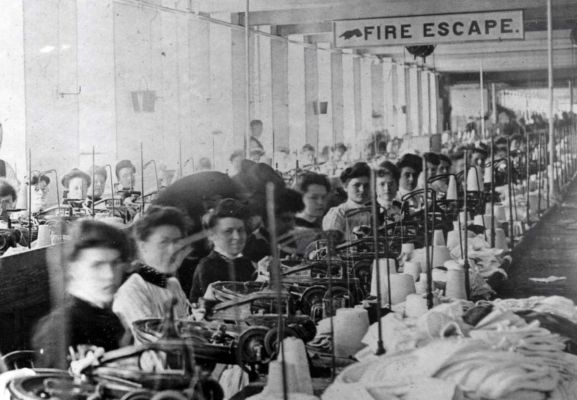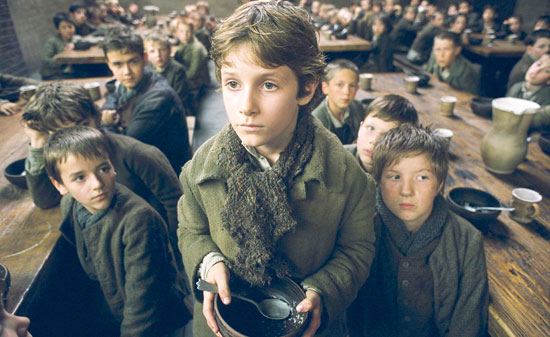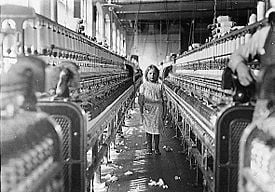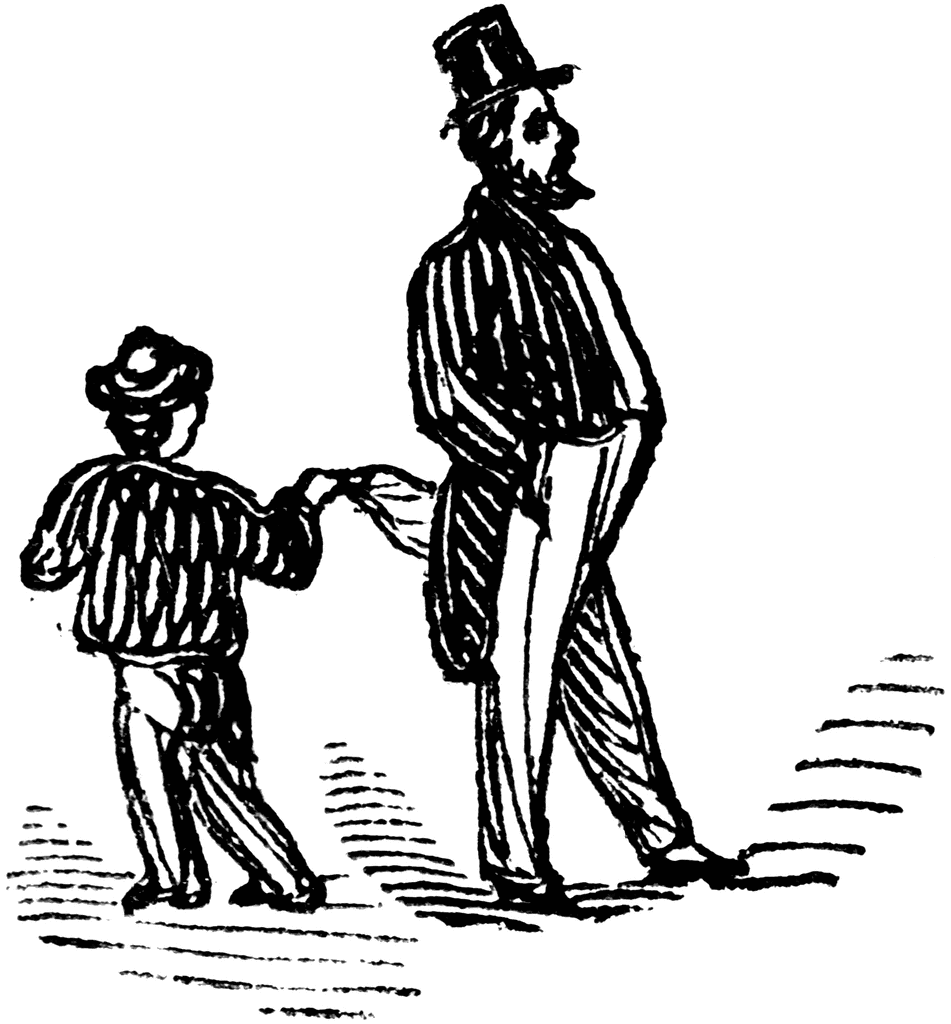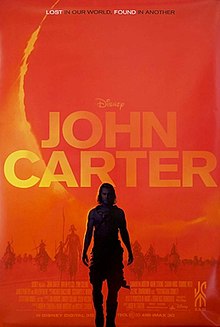I've heard countless complaints on how teenagers these days are pathetic wimps who don't know how to work. It gets annoying. All that whining, and yet the complainers can't be bothered to look into why youth works the way it does today.
At first, childhood was like the picture above. Children dressed like adults, worked like adults, and faced the consequences of adulthood. Back in the middle ages, you could be hanged for theivery at the ripe old age of seven (Oh, but surely they never enforced that. All children were angels back in the day). Toddlers drank weak bear because the water wasn't clean. Girls were married in their teens. And of course, there was also time for play.
Time passed. Generations rose and fell. Then came the Revolution. The Industrial one. Families moved from farms to cities. Kids still worked, but now there were factories.
14 hour days? Typical. Street orphans? Common as gutter trash. Many of them resorted to crime to make a living. Yes, they had seven year old thieves back then too.
Then came the reformers. Some were young strikers. Others men like Lewis Hine, who went undercover to take those two factory photos. "That's right, Mr. Factory Owner sir. I'm here to photograph the machinery. Now stand that little girl up against that big hulk of metal over there so they can tell how big it is."
And a lot of them were women-usually rich women-with their newfangled notions. Like females voting. They also pushed for the child's right to a childhood. The right to not work 14 hours in a dusty, smoky factory. The right to a proper home. The right to safety. The right to an education.
After a while, their ideas started to catch on. Child labor laws were passed and virtually ignored until the Great Depression when the adults really needed the jobs.
Children began to be protected. Sheltered. Pampered. And somewhere along the line, society forgot that a seven year old used to be old enough for the fields and factories and gallows. Now that's responsibility. They abided to the new rules until the world became the way it is today.
Children under twelve have their own menus in restaurants. That way they won't have to eat grown-up food. And when they're done with those chicken nuggets, they can play in the restaurant's play area. So long as they play the
right way. No scaling the outside of the slide.
Forget rag dolls and sticks to amuse them. They can have toys, hundreds of them!
And they can sit in front of the TV to watch educational television. Preschool just isn't hardcore enough. They need to be studying the alphabet, the shapes, the colors, basic science, and a few random words in foreign languages during every spare moment.
Eventually, they'll realize these shows are pretty stupid and preachy. They'll graduate to sitcoms directed at tweens, always with a moral following the zany scheme. Don't sneak out of the house in the middle of the night and go to a party. Don't lie to your friends. Don't cheat on a test. Don't fall for the wrong guy.
And thank you, beloved sponsors, for allowing us to broadcast these delightful shows in sixteen different languages! Now buy their products. And while you're buying those, buy our stuff too!
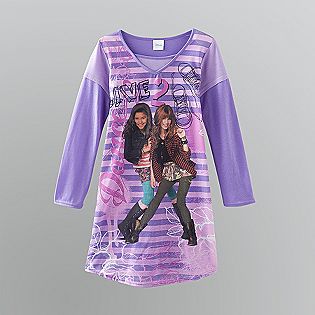 |
| Fellow 14-year-olds on a shirt |
 |
Carry a backpack with the name of a school you've never seen and students who don't exist.
|
Play and education are both such crucial things, why not smush them together? Have babies shove green square pegs into green square holes. If you're putting together an animal puzzle, have the animals hold up cards with the letters of the alphabet.
And then if they really can't think of a way to attach it to the stuff you learn in elementary school, they'll throw out the mental terms just to remind you how important development is.
Sharing practice! Reasoning skills! Problem solving! Social language! Self esteem! Overall growth and development! Don't let today's generation become disadvantaged in the global economy!
Seriously. I have seen that last one used.
So, has the world grown to cater to children? They do get specialized food, clothes, and media.
But no voice.
There's an old saying some people still use-"Hire a young carpenter but an old physician." That pretty much sums up how people looked at youth centuries ago. Not the wisest they'll ever be, but strong and hardy, perfect for manual labor. Instead of miniature adults, children are now supposed to be unformed adults. Undeveloped. Immature. Irresponsible. Everything positive with a negative prefix shoved onto the front.
The toys and menus are outgrown. But even as teenagers, we're classified as "young". Vulnerable. Defiant. At risk, every one of us, because this gritty world is so different from the one our ancestors grew up in.
Next time you're about to launch into that same tired rant about the imperfections of teenagers these days, stop. Think. Is the world really better? Different, yes, but better? In what way?
What did you do as a teenager? Would you like to go back?
"Just look around at the world we're inheriting
And think of the one we'll create."
-Newsies, Broadway version




.jpg/111475497/800px-Child_coal_miners_(1908).jpg)
